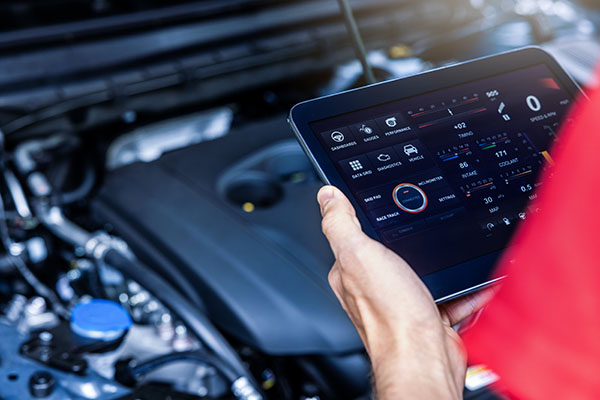
Vehicle diagnostics play a crucial role in identifying and resolving issues with modern automobiles before they start to shop and wreak havoc. Thanks to advancements in technology, automotive diagnostics have become more efficient and accurate, enabling mechanics and car enthusiasts to pinpoint problems and perform effective repairs.
But what is so special about this type of procedure? Can't it be done at home? Well, the short answer is no because it takes a lot of tools and skill to do it properly. If you want to learn about the long answer, here are the tools that are used in a vehicle diagnostic:
1. OBD-II Scanner
The On-Board Diagnostics II (OBD-II) scanner is a vital tool in modern vehicle diagnostics. It connects to the vehicle's OBD-II port, typically located under the dashboard, and retrieves diagnostic information from the car's computer system. The scanner can read fault codes, monitor sensor data, and provide valuable information about the vehicle's performance. With the OBD-II scanner, technicians can quickly identify issues and assess the health of various systems, including the engine, transmission, ABS, and more.
2. Multimeter
A multimeter is a versatile diagnostic tool that measures voltage, current, and resistance in electrical circuits. It is invaluable for troubleshooting electrical problems in a vehicle. Technicians can check the battery voltage, test electrical connections, diagnose faulty sensors, and identify wiring issues. By analyzing the electrical parameters, they can determine whether components function properly or require further inspection.
3. Scan Tool
A scan tool is a more advanced diagnostic device that offers comprehensive capabilities beyond basic code reading. It provides access to enhanced diagnostic functions, such as viewing live data streams, performing component tests, resetting service lights, and programming modules. Scan tools vary in features and complexity, with professional-grade scan tools offering more advanced functionalities for in-depth diagnostics.
4. Compression Tester
For diagnosing engine-related issues, a compression tester is a vital tool. It measures the compression pressure inside each cylinder, providing insight into the engine's overall health. By comparing the compression values between cylinders, technicians can identify potential issues such as worn piston rings, leaking valves, or a blown head gasket. This tool helps pinpoint engine performance problems and guides necessary repairs.
5. Smoke Machine
A smoke machine is a valuable tool for diagnosing vacuum leaks in a vehicle's intake or exhaust system. The smoke machine is exactly what you think it is - a machine that produces smoke! It introduces it into the system, which reveals leaks by escaping through cracks, hoses, or faulty seals. Technicians can visually identify the source of the leak and address it promptly, ensuring optimal engine performance and fuel efficiency.
While we are talking about vehicle diagnostic procedures, is your car in need of a check-up? If so, make sure to head out to 26th Street Auto Center so we can take care of your vehicle!